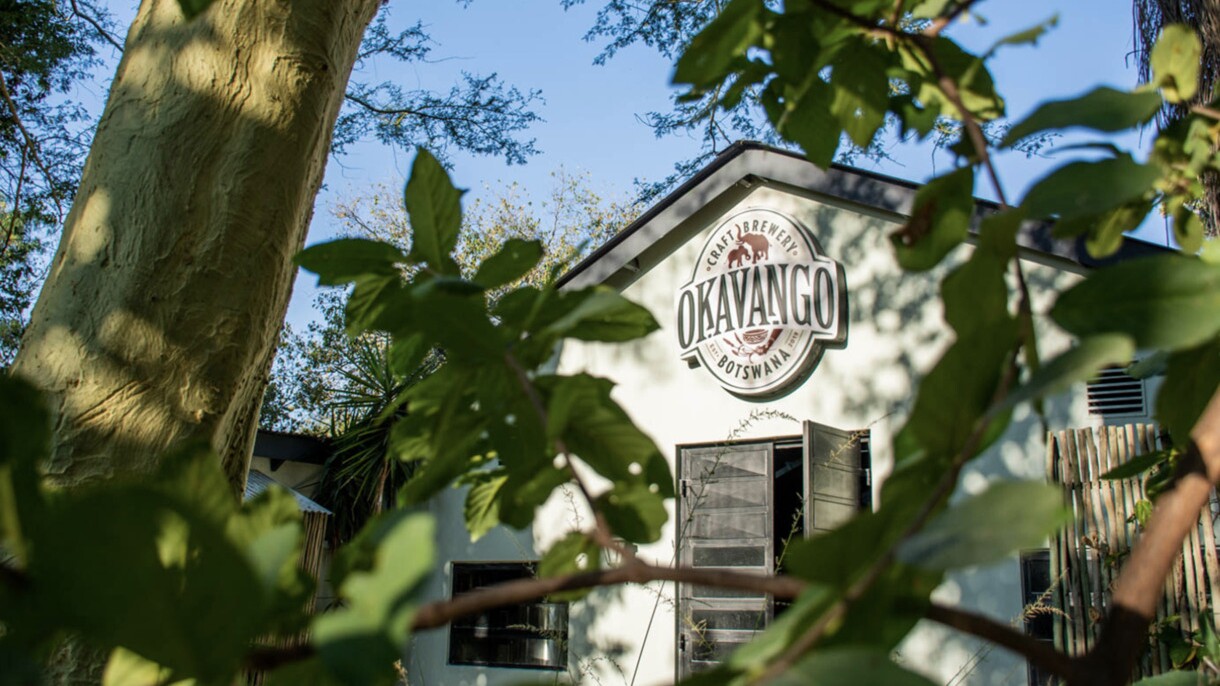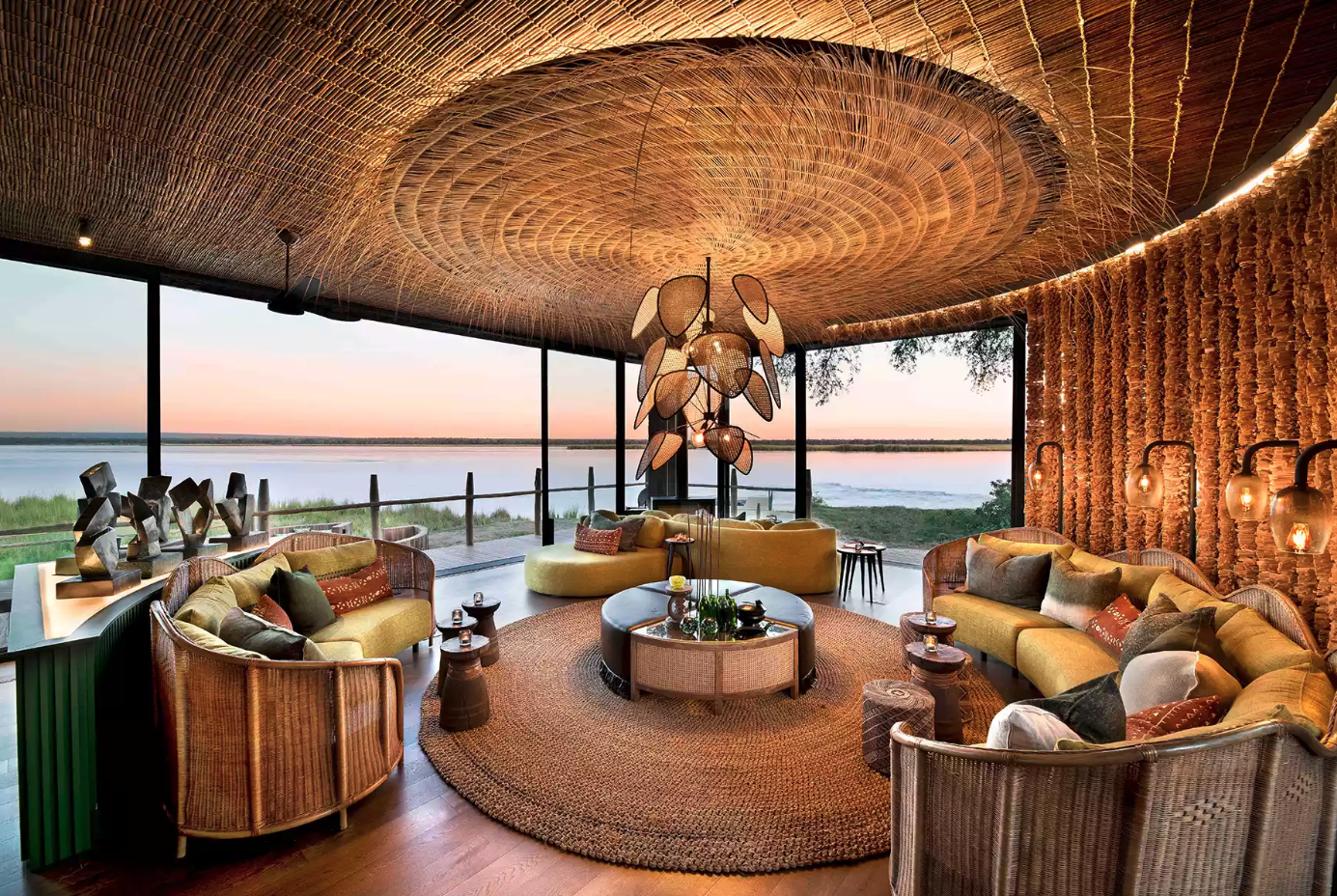As I walked along the gravel-covered path to my suite at the new safari lodge Lolebezi, which opened in June 2022 in Zambia’s Lower Zambezi National Park, my experienced guide scanned the surrounding bushes and winter thorn trees for any signs of wildlife.
We almost made it to my room incident-free — until we saw a large male elephant casually munching on the vegetation near my front door. So instead of going the easy way (as in, entering through the front door), my guide helped me sneak around the corner and enter my suite via the back patio, leaving the pachyderm to enjoy his meal. My guide left, but my two-ton friend chose to stay with me for a while.
:max_bytes(150000):strip_icc():format(webp)/plublic-space-lolobezi-safari-lodge-LOLEBEZI0822-38d066b440b442388b6998b8ad068b87.jpg)
With floor-to-ceiling windows along the entire back wall of my suite, I decided to skip my afternoon nap and admire the mighty creature meandering along the shores of Zambia’s Zambezi River.
“We like the land to dictate the pace of life,” said Beks Ndlovu, founder and CEO of African Bush Camps (ABC), the safari outfitter that operates Lolebezi. “Ultimately, we believe that if you don’t, you’ll miss something that nature has to give us as a gift.”
Following Nature’s Lead
:max_bytes(150000):strip_icc():format(webp)/al-fresco-dining-lolobezi-safari-lodge-LOLEBEZI0822-17f9b3dff4b14bc4a79fdbd195bd9dfa.jpg)
Listening to the rhythm of the land meant early morning game drives to spot lions fresh off a kill; taking a detour when a mother elephant and her babies decided to block the road; and changing plans when we spotted wild dogs take down an impala.
Lolebezi’s location in Lower Zambezi National Park, a UNESCO World Heritage Site, offers the unique opportunity to explore a remote region that’s teeming with wildlife but few other safari-goers. It’s truly wild, in every sense of the word, with no enclosures or fences stopping the animals from roaming freely and allowing us to witness our guides’ tracking skills hard at work.

Standard game drive vehicles hold up to nine passengers, but at Lolebezi — and the other 16 ABC properties — only six people are seated in each car (unless requested otherwise), so everyone gets close to the action with a window seat. Brave visitors can even embark on walking safaris, a practice that originated in Zambia.






